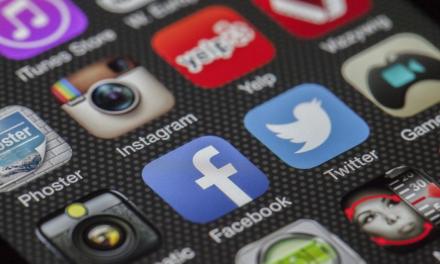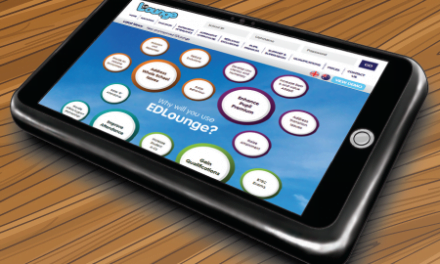Technology has never experienced such a rapid pace of progression – today, we stand on the cusp of realising Virtual Reality, driverless cars and Artificial Intelligence. Equally social media is now entwined within our everyday lives – over the course of a decade it has revolutionised how we conduct our social lives, how we connect with others and how we communicate with the world around us.
Given our reliance on technology and our addiction to social media, it’s inevitable that both will have impacted the way in which we use language. So let’s take a look at just how significant an impact this is…
We have become creators of our own destiny (well, at least as far as the Oxford Dictionary goes)
Over the course of the past decade there’s been a huge upsurge in the number of words added to our dictionaries. In the last year alone more than 1000 new additions made their first appearance in the Oxford dictionary.
There are words where a double meaning has been created:
Troll, status, wall, page and profile
Then, there are words that have come about as a direct result of social media actions:
Defriend, Flash mob and live blog
And let us not forget the abbreviations that usually only appear online or via messaging apps…
SMH (‘shake my head’), WDYT (‘what do you think?’), YOLO (‘you only live once’) and ICYMI (‘in case you missed it’).
Which leads us nicely onto our next point…
Could it be that rather than becoming lazier, we’re in fact becoming more efficient?
The negative impact of social media, technology and ultimately ‘text talk’ has and is having on the spoken word has long since been a matter of debate within the schools and homes of Britain.
hortened words, sentences with incorrect structures and speech that may sound pretty bizarre to those of the older of generations.
Yet English and language itself is and always has been fluid, and in this Twitter age, where we’re more time short than ever before, could it be that we are simply saving time through technological talk?
Student: Aftr all, itz fastr, WDYT?
Teacher: IDK, I’m not so sure, as an English teacher, I just SMH
Humans have always had a propensity for evolving – it has been what has separated us, from the species around us. With so much already achieved, and little need for evolving further for survival, could it be that we’ve shortened our spoken word to become more efficient?
It’s a persuasive argument (and a convenient one at that, at least for the younger of generations who may be continually nagged about their ever briefer, less coherent and more problematic prose).
Getting to the point
The skill of making each and every word count is a demanding one and, it seems, this skill is one that is being taught by social media. After all, avid social media users know of the importance of concise updates. Twitter has only 140 characters whilst Vine videos can feature only 6 seconds. Because of this social media may well be making language all the more succinct.










